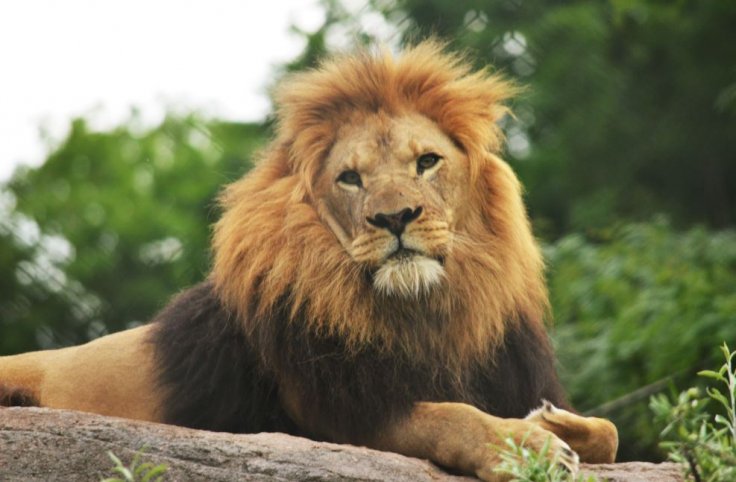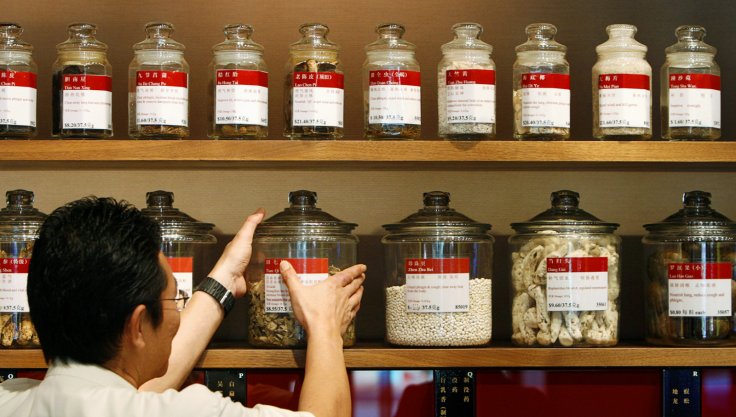While many people claimed that the illegal trade of Pangolin in China may have played a role in the novel Coronavirus outbreak last year in December, experts have raised new concerns over the trade of lion bones which could cause the next major health crisis. Experts have rung an alarm stating that the trade in the bones of butchered lions for use in traditional Chinese medicine, wines, and jewelry could spark another catastrophic outbreak like COVID-19.
In his book, UK's former Conservative Party deputy chairman Michael Ashcroft has noted that around 333 South African farms are breeding and raising thousands of lions either to be shot by the hunters or slaughtered for their bones. The book revealed how the booming market for lion bones, worth millions of pounds a year, is fueled by its demand in China and other southeast Asian regions for medical purposes.
The book also claims that the captive-bred lions are raised in such appalling conditions that they could spread fatal diseases to humans, including tuberculosis or botulism. In this book titled, "Unfair Game", the author said that such trade of lion bones can spark another pandemic.

Expose of South Africa's Captive-Bred Lion Industry
"Unfair Game" provides the details of an undercover operation conducted by former British Army and social service personnel to expose the horrors of the lion industry in South Africa. To briing the truth under spotlight, the team recruited a dealer as a 'double agent' and planted tracking devices in lion skulls destined to be sold to the Eastern countries. They found:
As per Ashcroft, there are at least 12,000 captive-bred lions in South Africa, while campaigners claimed that each year between 600 and 1,000 lions are killed by the hunters in the region and many trucked to slaughterhouses to be shot in the head and butchered for their skeletons, which is worth £3,200.
Dr. Peter Caldwell, who runs a wildlife veterinary practice in Pretoria told Ashcroft that a potentially fatal infection, botulism, which attacks the nervous system, is common in captive-bred lions due to poor hygiene, and can be spread to humans via infected bones or skin. He said that clostridium botulinum is a bacteria that produces spores and toxins and it can grow in dead flesh and bones.
So, when the lions chew on those bones, they get the toxin, which can paralyze them. As per Caldwell, "If that lion dies from botulism, the people who bred it won't waste that animal by burying it or burning it. Instead, they will put it into the lion bone and skin trade." So when a buyer uses the infected lion, he can contract the disease and have a painful death. There are some other diseases that can be sprayed by lion bones that include brucellosis, a bacterial infection that can cause arthritis, fever, and inflammation of the heart, and tuberculosis.
Use of Lion Bones in Chinese Medicine

Tiger bones and other body parts have been used in the production of Chinese medicine and tonics for centuries to treat arthritis, rheumatism, back problems, general weakness, and headaches. While there is no credible evidence for the efficiency of the vast majority of these remedies, some traditional medicine experts suggest that the bones from big cats may have beneficial health effects.
China has put a ban on the use of tiger bone in traditional medicines in 1993 and removed tiger products from its Traditional Medicine Pharmacopoeia. Since then tiger conservation farms have expanded rapidly in China and other Asian countries and caused the expansion of black market for the bones and other products. Lion bones are an alternative to tiger bones and its demand has increased in recent years due to a decline in tiger numbers and a ban on the use of tiger products.









